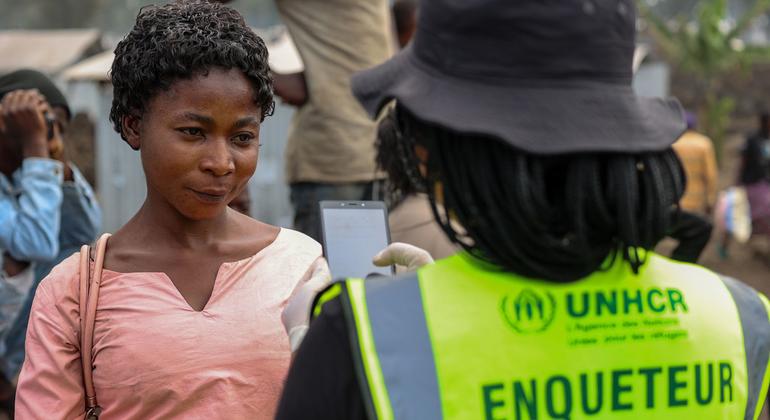The funding allocated to support critical response and prevention efforts for 9.9 million refugees and host communities in 35 countries across Africa comes at a crucial time. Mpox, formerly known as monkeypox, is a viral disease that has been endemic in parts of Africa for decades. However, the emergence of a new strain of the mpox virus, clade 1b, has raised concerns among health authorities.
The World Health Organization (WHO) declared a public health emergency of international concern on 14th August due to the increasing number of cases of the new strain, particularly in the Democratic Republic of the Congo (DRC). Over 20,000 suspected cases have been reported in Africa this year, with at least 88 cases among refugees, 68 of which were in the DRC. Cases have also been reported among refugees in the Republic of the Congo and Rwanda.
The outbreak of this new strain of mpox has put vulnerable populations at high risk, including refugees and forcibly displaced communities. These populations often live in overcrowded shelters with limited access to safe water, soap, and nutritious food, making them more susceptible to falling ill and facing challenges in protecting themselves. With Africa being home to over a third of the world’s forcibly displaced people, the situation is compounded by protracted conflicts, chronic humanitarian funding shortages, and multiple disasters.
Allen Maina, UNHCR’s public health chief, emphasized the urgent need for funds to reinforce health services amid the mpox emergency. He highlighted the challenges faced by refugees and displaced communities in accessing healthcare and the increased risk they face due to their living conditions. Sustainable financing is crucial to strengthen health systems, water and sanitation facilities, and other services to ensure resilience now and in the future.
UNHCR has been working with national and local authorities, UN agencies, and other partners since mpox outbreaks emerged globally in 2022. In response to the severe outbreak of the new strain, teams have implemented measures such as reinforcing handwashing points in refugee camps and transit centers, enhancing soap distribution, and improving access to diagnostic testing. They have also strengthened disease surveillance, screening, and reporting mechanisms, including across borders, expanded training for community health workers, and reinforced communication to ensure accurate information reaches people.
The outbreak of the new strain of mpox has highlighted the importance of preparedness and response mechanisms to address public health emergencies. The collaboration between various stakeholders, including governments, international organizations, and local communities, is essential in mitigating the spread of the virus and providing necessary support to affected populations. The funding allocated for response and prevention efforts will play a crucial role in ensuring that refugees and host communities across Africa receive the necessary assistance to combat the disease and protect their health and well-being.
Overall, the response to the mpox outbreak in Africa requires a multi-faceted approach that addresses the immediate needs of affected populations while also building long-term resilience to future health threats. By strengthening health systems, improving access to essential services, and enhancing communication and coordination among stakeholders, we can better prepare for and respond to public health emergencies like the mpox outbreak.









